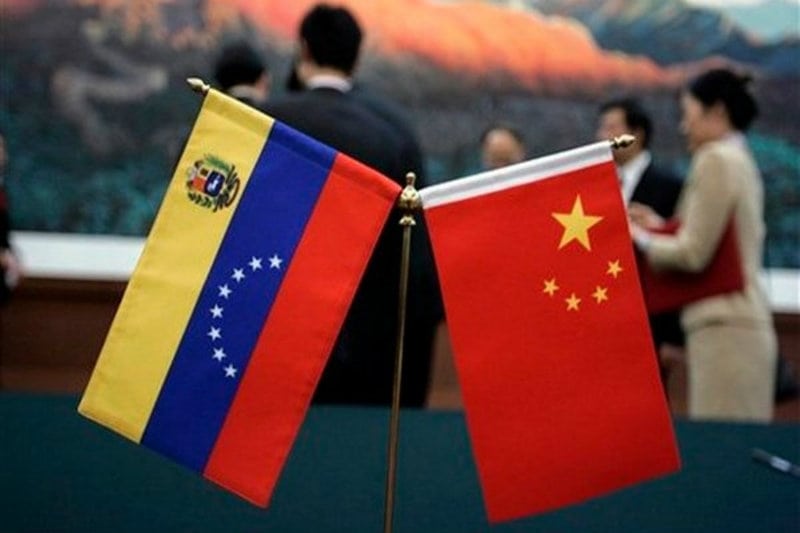
PARIS – How can parliaments contribute to the eradication of hunger in the world? This was the question answered by the Latin American and the Caribbean Parliamentary Front Against Hunger and its African counterpart, the Pan-African Food Security and Nutrition Alliance, at a meeting of the Organization for Economic Co-operation and Development (OECD), the other day.
Parliamentarians from both regions discussed the key role of the legislative power for the eradication of hunger in a side event held during the meeting of the OECD Food Crisis Prevention Network in Paris.
According to FAO, the experience of Latin America and the Caribbean clearly demonstrates that if public policies and programs to combat hunger are supported by laws, nutritional indicators improve significantly.
“Parliamentarians have powers that allow them to equip governments with the human and institutional resources necessary to eradicate hunger,” said Mexican Senator and coordinator of the Parliamentary Front Against Hunger (PFH) in Latin America and the Caribbean, Luisa María Calderón.

Calderon explained that the parliamentary fronts promote new legal frameworks or improve existing ones, providing fundamental legal and institutional support for the fight against hunger and malnutrition.
Lawmakers in Africa and Latin America highlighted the role of parliamentary fronts against hunger in creating state policies based on multi-party agreements that make the right to food a top priority that transcends political differences.
According to the FAO, one of the roles played by the parliamentary fronts of Africa and Latin America and the Caribbean has been to create the necessary laws for the fight against hunger to be taken as a long-term State policy that does not depend on a single government.
According to the lawmakers gathered in Paris -invited by the Sahel and West Africa Club Secretariat/ OECD with the support of Spanish Cooperation – a key to the success of the parliamentary fronts against hunger has been their plurality: Members of the entire political spectrum participate in a common project that transcends party differences.
The FAO director-general pointed out at the end of 2016 that much of the progress made in Latin America and the Caribbean – the region that has made the most progress in eradicating hunger – was due to the fact that parliamentarians across the continent made hunger eradication a top political priority.
“Political will remains the decisive factor in generating real progress in ending hunger and malnutrition,” said Graziano da Silva.

Latin America and the Caribbean was the first region in the world to create parliamentary fronts against hunger: 17 countries have now formed national versions, which complement the work of the Regional Parliamentary Front against Hunger (PFH), which has become a global example.
The PFH was born from the Latin America and the Caribbean without Hunger Initiative, the first commitment adopted by all the countries of the region to not only reduce but fully eradicate hunger by the year 2025.
According to the FAO, under the auspices of the PFH, 21 laws on food security have been adopted, which together represent a historic improvement in the promotion and guarantee of the right to food in Latin America and the Caribbean.
This includes school feeding laws in Brazil (2009) and Bolivia (2015), family agriculture laws in Argentina (2015) and Peru (2015) and right to food and / or food security legislation in Mexico (2011), Nicaragua (2015 ), Honduras (2011) and the Dominican Republic (2016).
Inspired by the experience of the PFH in Latin America and the Caribbean, a network of African legislators in 2016 created the Pan-African Alliance for Food Security and Nutrition.
It is the first such network in Africa and has focused on creating a legislative environment to boost local production of diversified and quality food, giving priority to regions most affected by food insecurity and chronic malnutrition, taking into account gender disparities.



